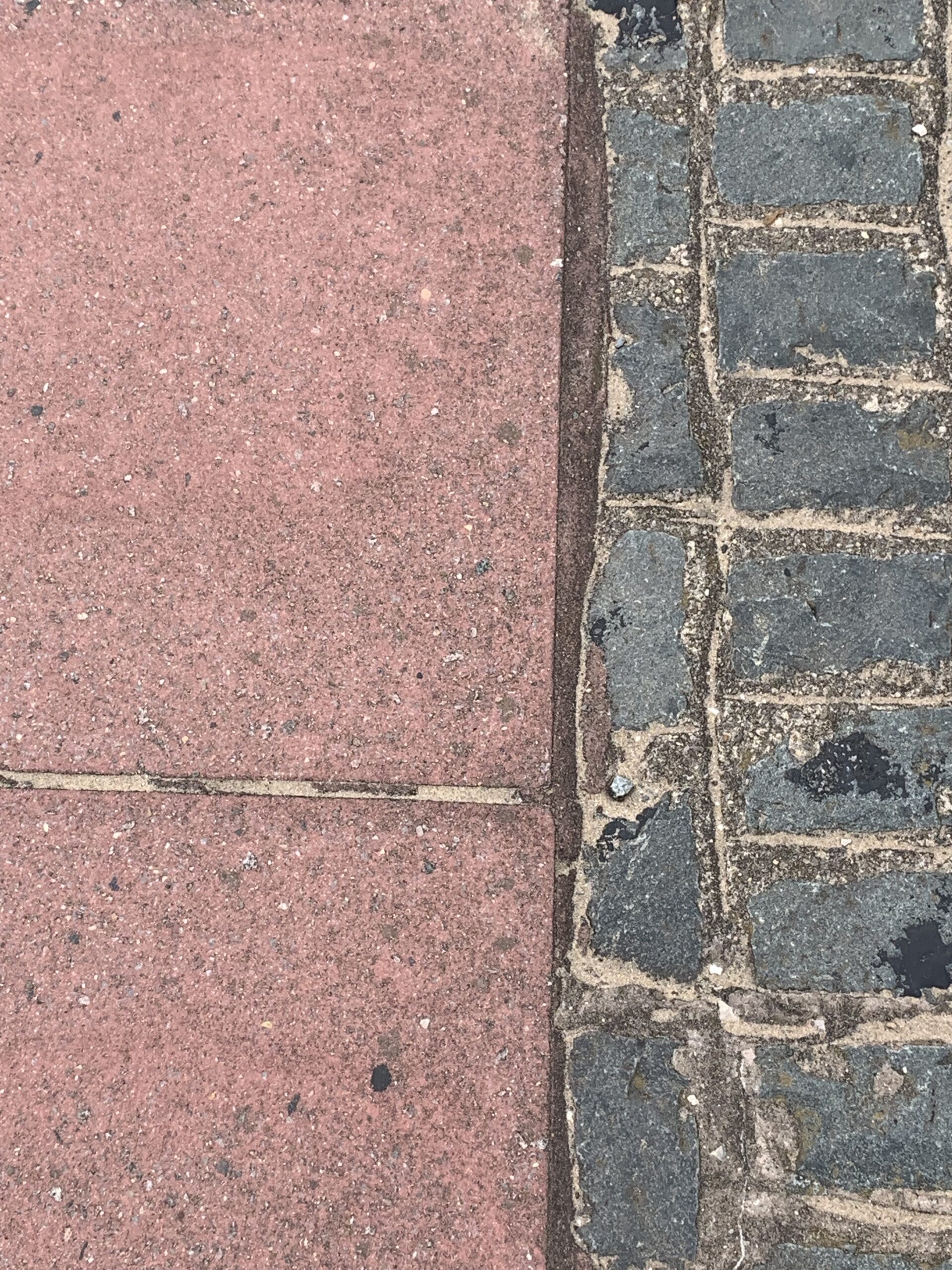
Productivity Tips #8: Helpful Further Reading
Share this article:

At the outset of this series of blog posts with tips to improve productivity, I mentioned that the techniques described are taken from my own practises and are just some of the tips that I have been sharing with coaching clients in recent months.
In addition to sharing tools and techniques, I also frequently suggest books to read, as it is possible to go into much more depth with a book than it is with a two hour coaching session. Although, that said, a coaching session is much more bespoke and gives the client the opportunity to talk through and test out a technique. There is also the scope for external accountability in implementing new approaches.
I thought it would be helpful to share a few of the books that I frequently recommend. Here they are:
Stephen R Covey – The Seven Habits of Highly Effective People
It took me a while to get round to reading Covey’s book. The title sounded too formulaic, but I was wrong. The basic principles outlined in the seven principles are so useful for looking at how to optimise the way we work, gain influence and successfully negotiate. I’ve returned to this book many times, and share the principles often. I also apply the principles in my everyday life.
David Allen – Getting Things Done
This is THE book for finding a simple, practical way to become better organised, to overcome procrastination, and to understand how to take on increasingly complex responsibilities whilst figuring out what is the next simple step to complete. It’s a powerful book, and another one that I re-read in part of all the way through regularly.
Nancy Kline – Time to Think
I was given this book at an introductory workshop for a new coaching contract. It’s a really clear exposition of the power of the coaching space that we create as coaches, but it’s also really useful for clients who are working in the chaos of the typical modern-day working space.
William Bridges – Managing Transitions
This book has helped me to better handle change. Bridges had a profound understanding of how to work through transitions, whilst acknowledging and accepting the emotional journey that we need to take. There is another book called “Transitions” where Bridges looks at the broader issues of transition in our life. Either book is a great way to understand how to handle transition at a deeper level.
Margaret Wheatley & Deborah Frieze – Walk Out Walk On
There are several books by Margaret Wheatley that I could recommend. She is a powerful teacher. This book gives insight into ways to build community in diverse settings around the world. It is full of incredible examples of building from the grassroots up without pre-conceived and imposed ideas.
Michael Bungay Stanier – The Coaching Habit
I love Michael’s first book “Do More Great Work”. It’s a really clear overview of the optimal approaches for being at our most effective. This later book, takes coaching was a process and pulls it apart. Unlike many books that over-complicate things, this book reduces the coaching process down to seven powerful questions that empower the client and create a really effective coaching session.
Michael Gelb – How to Think Like Leonardo da Vinci
This book is one of my favourite books for identifying simple exercises and approaches to open up the creativity within all of us. I regularly complete some of the exercises and have done for more than a decade now. I love the 7 types of thinking that Gelb identifies.
I could have chosen many other books, but these seven are a good place to start. Happy reading!
